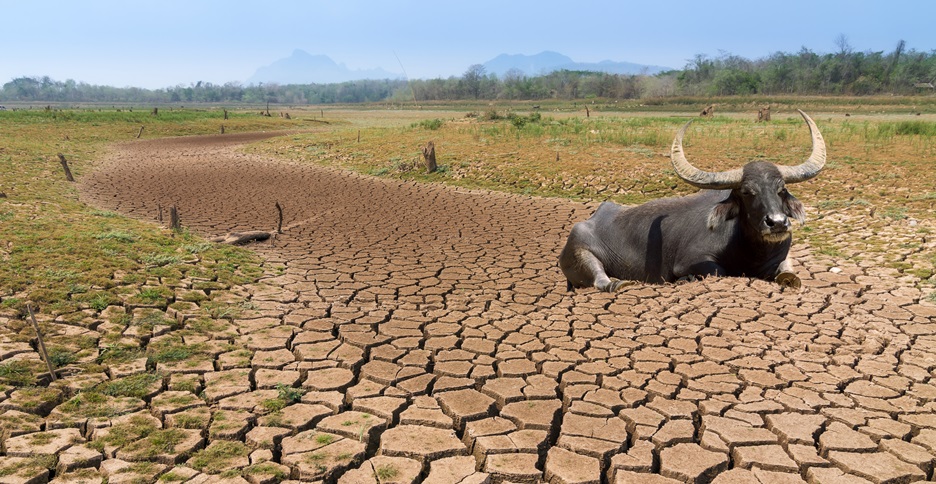The momentum for large-scale restoration has never been stronger. Restoration is increasingly recognized as a key strategy to meet climate change and sustainable development goals as well as growing demand for food, water and energy.
In October 2015, the African Union endorsed a target to restore 100 million hectares (247 million acres) of degraded land by 2030. The African Forest Landscape Restoration initiative (AFR100) was launched at COP21 to facilitate action towards this target, and as a contribution to the Bonn Challenge and African Resilient Landscapes Initiative (ARLI). AFR100 connects African nations with targeted technical and financial support to scale up restoration on the ground.
The New Economic Partnership for Africa’s Development (NEPAD) serves as the AFR100 Secretariat. As Mamadou Diakité, NEPAD’s Team Leader for Sustainable Land and Water Management describes it, “Interest in restoration in Africa is at an all-time high. This initiative provides an opportunity for Africa and its partners to collectively work together toward ensuring accelerated restoration efforts to enhance food security, increase climate change resilience and mitigation, and combat rural poverty.”
Since the target was announced in 2015, progress to secure political commitments to restoration has been faster than expected. To date, 21 African nations have signed onto AFR100 and committed a combined 63.3 million hectares (156 million acres) of land to be restored.
Twelve technical partners and nine financial partners have signed on to provide support. Impact investors have earmarked $481 million in private sector funds for restoration, while partners like the World Bank have lined up about $1 billion in development finance through the Africa Climate Business Plan.
Photo credit: Adobe Stock

